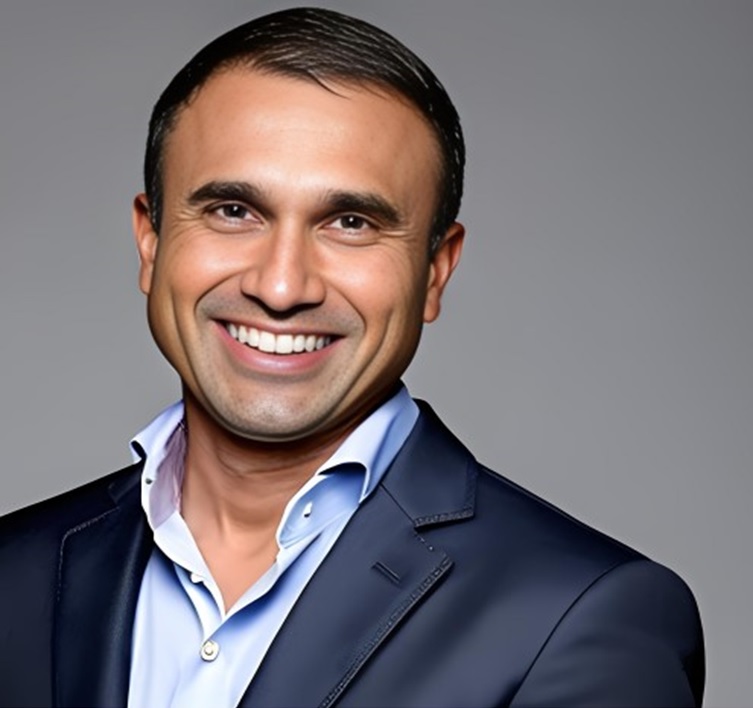Munjal Shah, founder of medical AI startup Hippocratic AI, aims to leverage the latest advancements in large language models (LLMs) to provide crucial but non-diagnostic healthcare services on a massive scale. He seeks to help address widening staff shortages in the healthcare system while upholding the essence of medicine’s age-old creed to “first, not harm.”
Shah points out that while LLMs like ChatGPT cannot and should not be used for high-risk medical decision-making, their ability to absorb research and communicate conversationally makes them uniquely suited for improving healthcare delivery in patient education, care coordination, dietetics, and more. With infinitely more time and patience than human providers, LLMs could significantly enhance patient engagement and relationships. As Shah puts it, this amounts to “bedside manner with a capital B.”
Recent research supports the idea that AI can surpass doctors in displaying empathy. One study found ChatGPT’s patient responses were seen as more empathetic 79% of the time. The key is that AI lacks the emotional fatigue and burnout healthcare workers face from extreme workplace stress. An appropriately designed system could leverage this tirelessness to foster better patient understanding and adherence.
However, accuracy and safety remain paramount even for non-diagnostic applications. To instill the ethic of “first, not harm,” Hippocratic AI trains its LLM extensively on peer-reviewed medical literature rather than general internet content. It also subjects the AI to evaluation by large groups of medical professionals, enabling refinement through human feedback.
So far, Hippocratic AI’s LLM has outscored rivals, including GPT-4 on 114 medical exams and benchmarks. Shah maintains specialized training focused on target use cases, such as patient education, which is essential for healthcare AI. General models like GPT contain surprisingly few medical tokens to draw on. By ingesting best practice clinical guides, standards of care, and more, the LLM can become adept at explaining treatment instructions empathetically and engagingly.
Ultimately, Shah believes LLMs uniquely open possibilities for transforming medicine by automating crucial but non-critical functions. This could help address the widening gap between patient needs and provider capacity plaguing healthcare systems globally. By emphasizing evidence-based learning and human oversight, the technology can uphold the promise to “first, not harm” at the heart of the medical profession.

